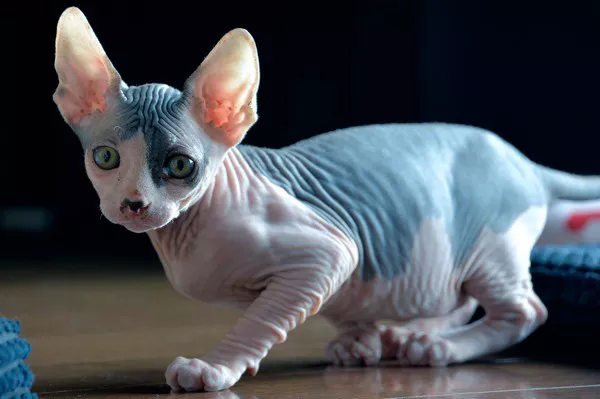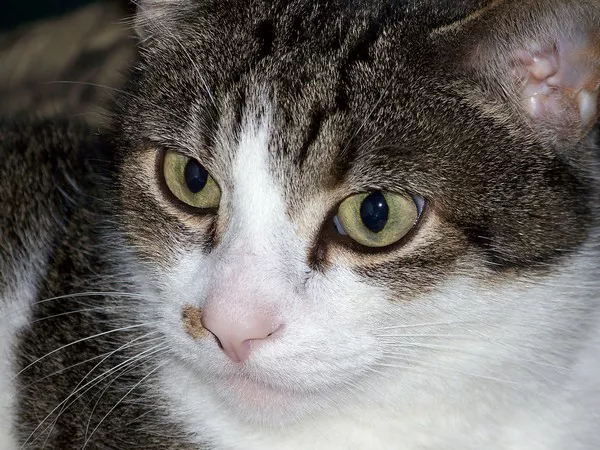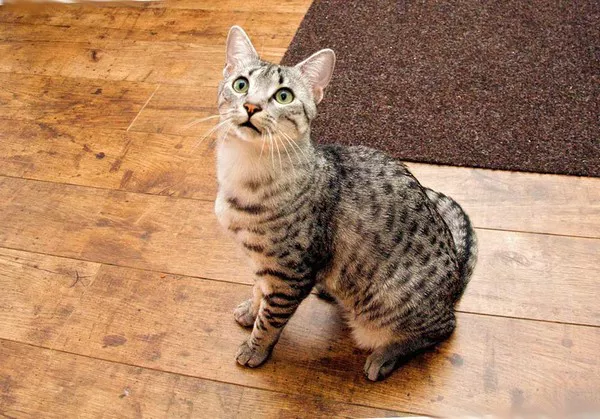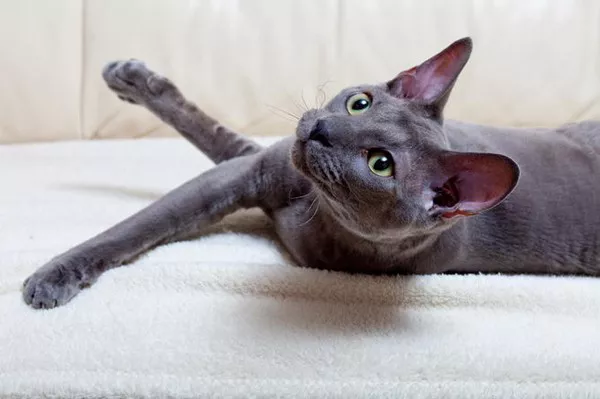In a recent study that might raise concerns for cat owners, scientists have quantified the predatory behavior of free-ranging cats. The research, based on over a century of scientific evidence, sheds light on the diverse array of species that fall victim to cats’ hunting instincts.
Juana Summers, the host, and Ari Shapiro discussed the findings, highlighting the well-known but sometimes overlooked murderous tendencies of cats. The study reveals that free-ranging cats have been documented consuming a staggering 2,084 different species, spanning birds, mammals, reptiles, amphibians, and insects. Notably, some instances even suggest cats scavenging larger animals like cows.
Juana expressed surprise, noting her indoor cat Toro’s lack of such behavior. However, the researchers emphasize that a sixth of the identified species are of conservation concern. This includes creatures like a rare Hawaiian seabird, baby green sea turtles, and little brown bats. On the positive side, cats also prey on pests like cockroaches and rats.
Ari and Juana bantered about cats not being picky eaters, prompting Juana to humorously acknowledge that “protein is protein.” The discussion then turned to the inevitable question – is the solution to keep cats indoors?
While Ari refrained from making recommendations as a journalist, he acknowledged that the lead authors of the study keep their own cats indoors. They argue that indoor cats tend to be healthier and live longer, suggesting a potential benefit to both the feline predators and their unsuspecting prey.























